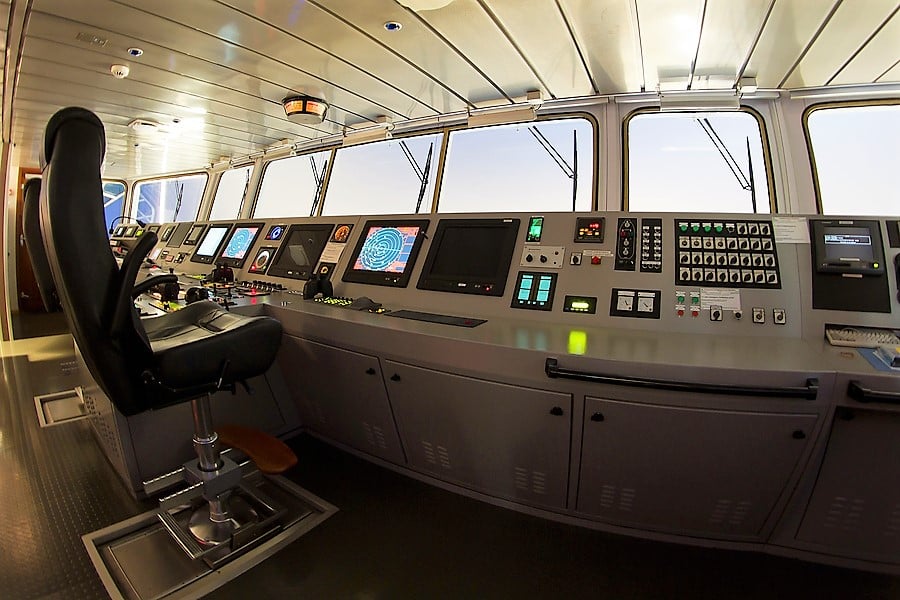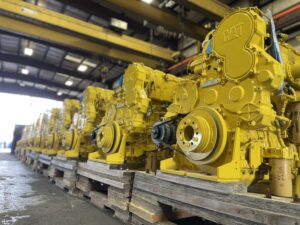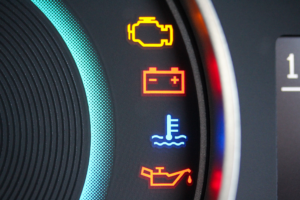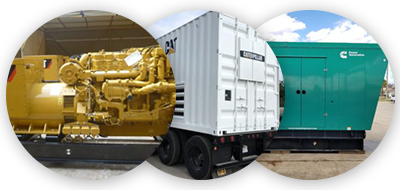
Commercial fishing vessels, heavy-duty freighters and even floating laboratories all have one thing in common: they operate off the grid. That means that they need an always-on power source to work in tandem with a propulsion engine to help fuel everything from the lights to the computers and the air conditioning.
Diesel-powered marine gensets are specially made with consideration of the harsh offshore environment to prevent corrosion on key components of the generator. . Because they’re a major investment for a business, they should be vetted and selected carefully in order to find the best option for your needs. Below are a few quick tips to follow to maximize the impact of your purchase.
Tip #1: Choosing new vs used gensets
When grappling over the decision of whether or not to purchase new or used gensets, look to your own knowledge of parts and equipment to help dictate which route to take. Consulting an aftermarket dealer that provides in-depth personal inspections of pre-owned gensets can likely help you get more value out of used equipment.
Also, consider the state of the ship and fleet the genset will be supporting. Do you want a generator with high mileage supporting the uptime of a brand-new vessel, or would you prefer a unit with fewer hours? Other considerations include wear and tear, as well as the manufacturer of the generator.
Tip #2: Do the wattage math
When deciding the total wattage your marine genset will need to support, err on the side of expanded operations. In other words, plan for future additions to your vessels that might require more power. For example, if next year, you upgrade your capabilities with additional computers, lighting and A/C, that’s going to require some extra juice. If you have the budget, plan for tomorrow, not for today.
Need a quick conversion from amps to kilowatts, or vice versa? Use our power calculator to make sure you’re meeting the right specifications for your genset.
Tip #3: Consider the risks of your environment
There is a big difference between an operation that’s a few miles offshore and one that’s sailing to the far side of the world and battling inclement weather day in and day out. For the latter, you’ll want to look at more ruggedly designed marine gensets with waterproof, protective shells. Warranties should also be top of mind for protecting your investment. Should something go wrong, your warranty is your first line of defense.
Tip #4: Find the right size unit
Engine rooms are tight, cramped quarters without much room for maneuverability. Be sure you can accommodate the size of the generator you need to guarantee uptime. Make sure to also account for the room required to install the genset in a way that allows for easy access for maintenance and repair.
Tip #5: Decide on extras and special features
Modern marine gensets are able to sync up to your network to report on the engine and gearbox, and even self-diagnose any trouble it experiences. These special features are often the reason for choosing one major brand over another, depending on your preference. On the more practical side, consider all the different geographies your fleet may be entering to ensure compliance and emissions standards – especially with older, used equipment.
Power your vessel with confidence
Once you decide on the right gensets for your operation, you’ll find that all the work you put into the process pays off. With the right research and ongoing upkeep, gensets are reliable machines that dependably power your daily operations.
If you want an in-depth guide to buying used gensets, take a look at our ultimate buyer’s guide. If you have specific questions about powering your vessel with confidence, don’t hesitate to reach out.






